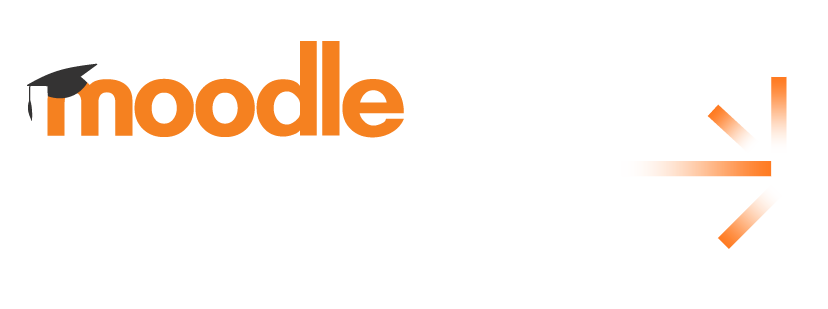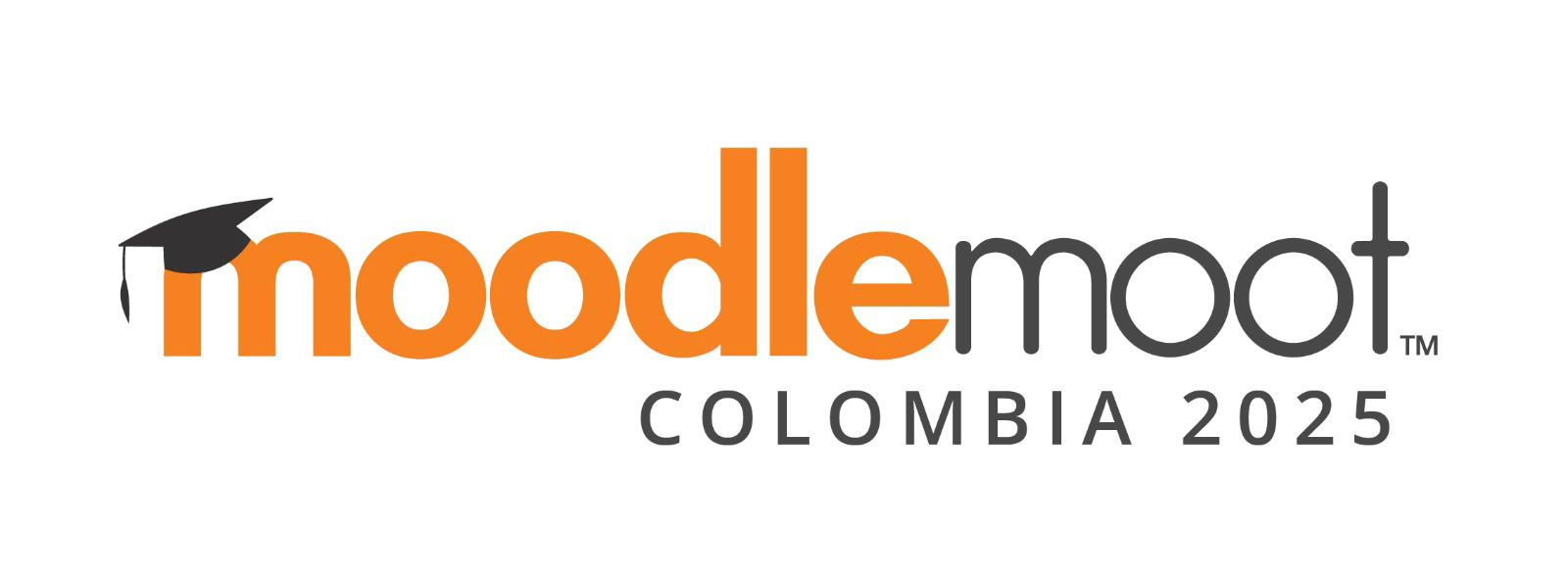Bringing together
the most influential voices of the creative ecosystem
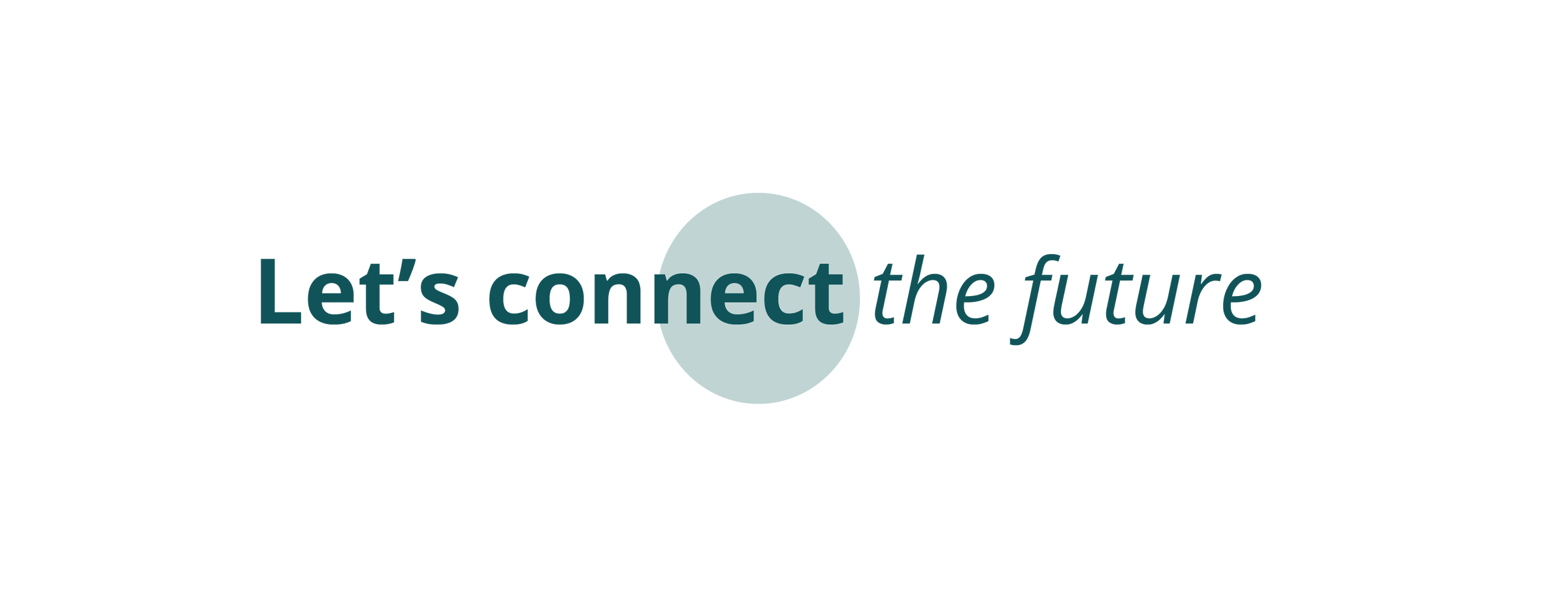
Education in Latin America has entered a new phase where technology, artificial intelligence,
and open access are redefining how we learn, teach, and collaborate.
In this landscape, Future-Ready Learning is coming to Colombia and Brazil
as a platform for innovation, co-creation, and action.
Hosted by Moodle in partnership with EdLatam Alliance, MoodleMoot Bogotá and MoodleMoot Brazil 2025
will gather the most influential voices in the education ecosystem.
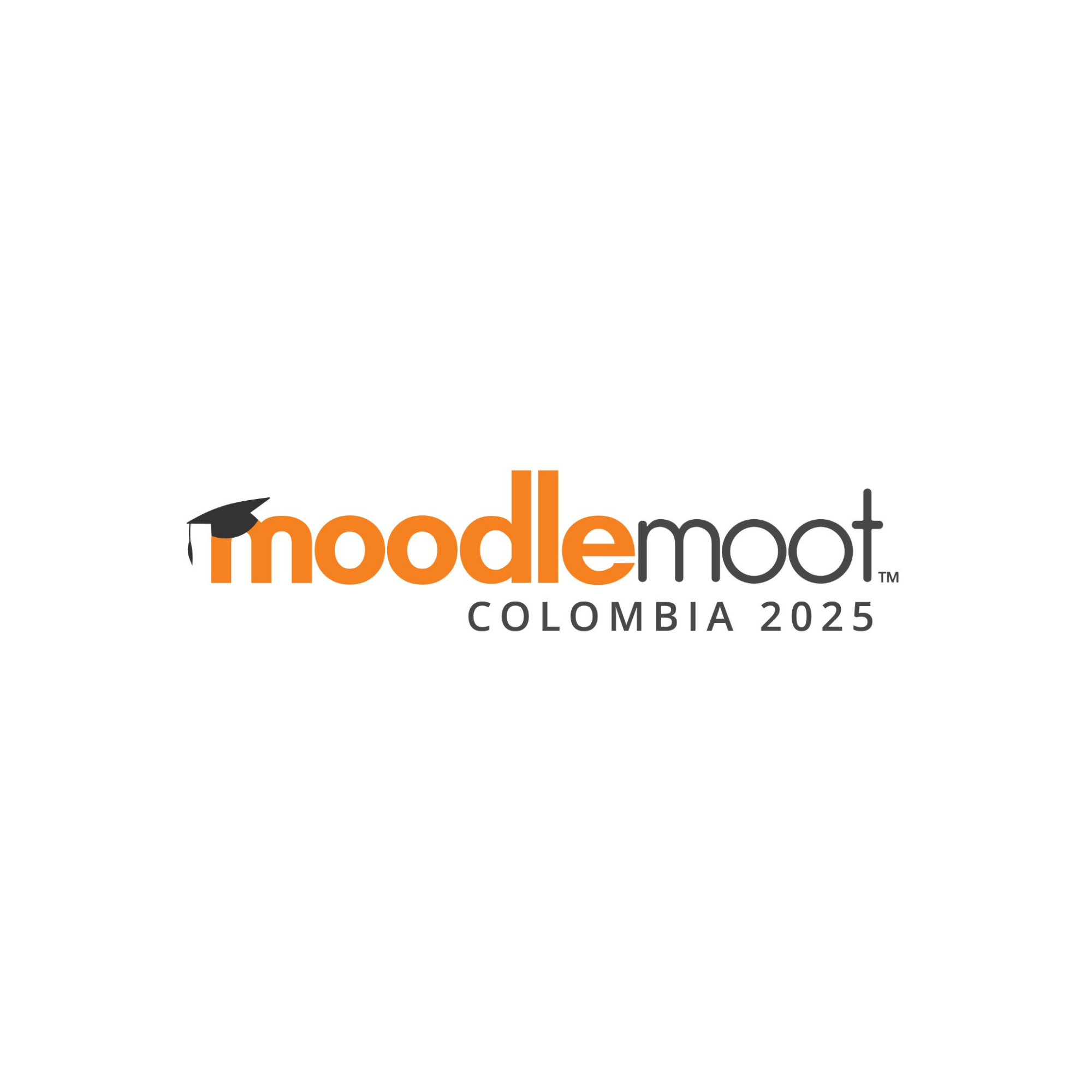
¡Hello Colombia!
October 29 – 30
Edificio Legacy - EAN Universidad
Cra. 11 #78 - 47, Bogotá, Colombia
Ticket price: US$180

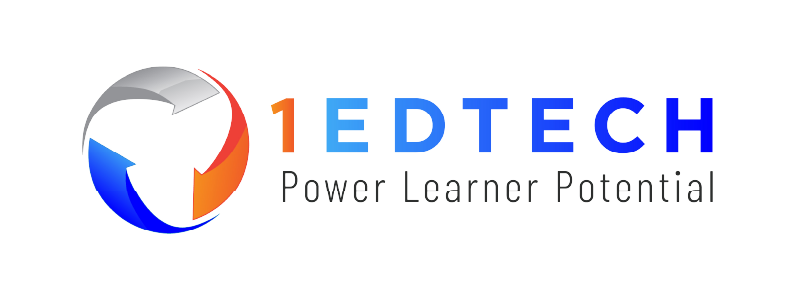
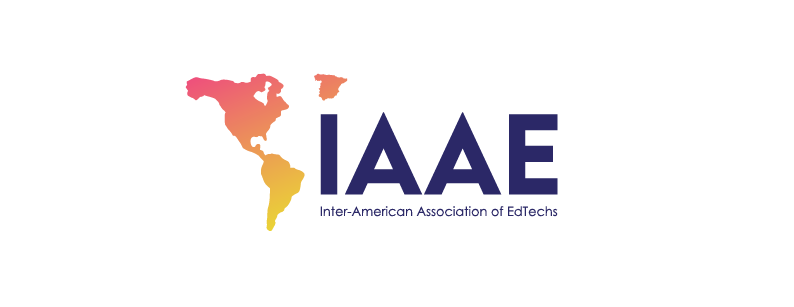
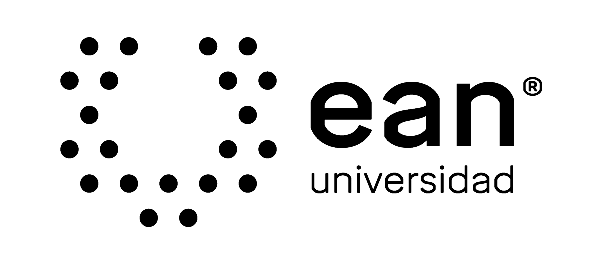
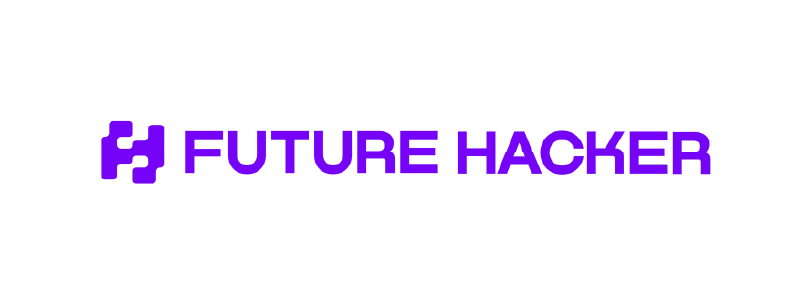
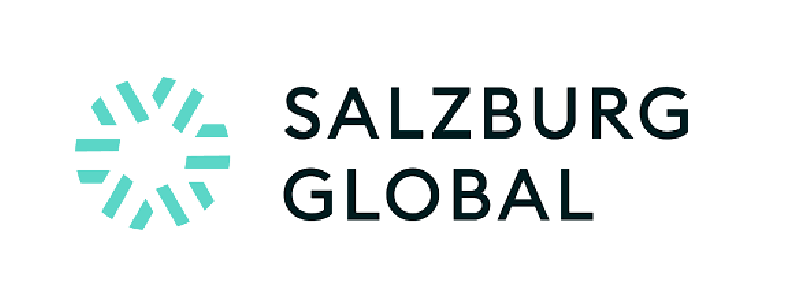
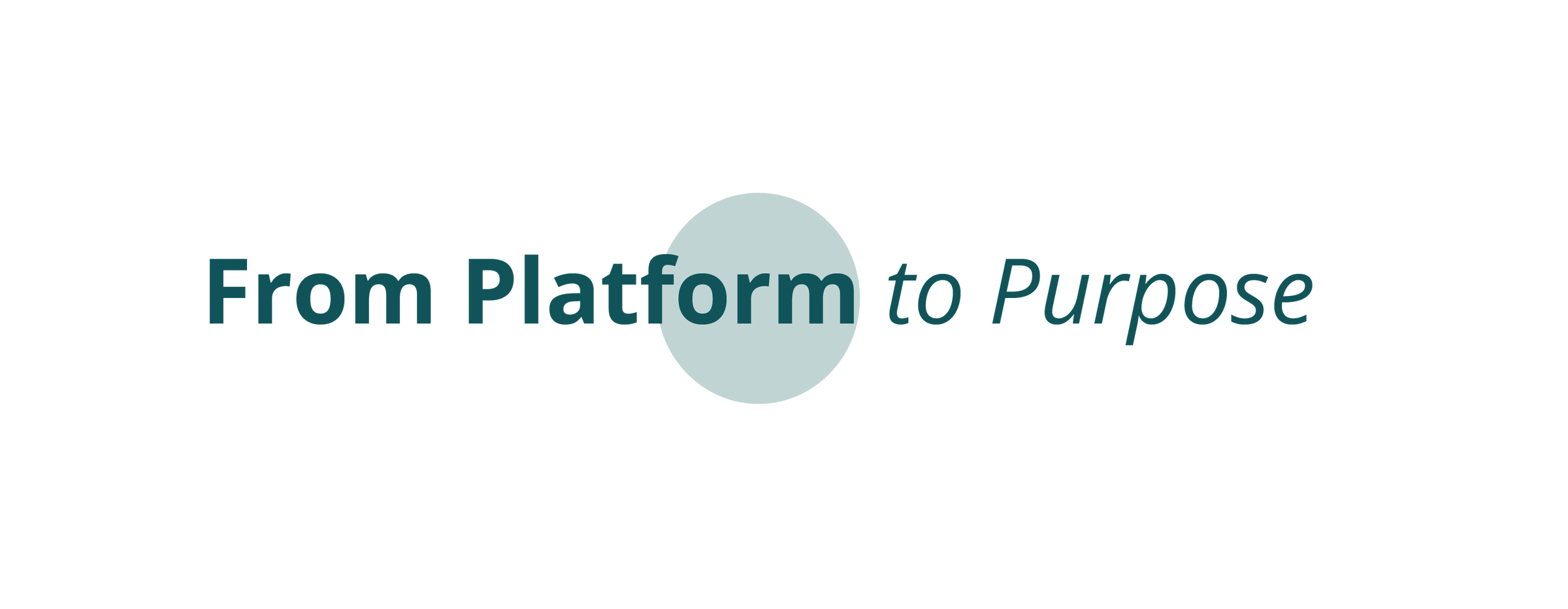
Reimagining Learning Systems: Why It’s Time to Rediscover Moodle
Across the globe, many of the world’s most sophisticated educational institutions are quietly grappling with
a shared realization: the vast investment in digital platforms has not brought the renewal they hoped for.
Dashboards have grown more detailed. Features more abundant. Interfaces sleeker. And yet, student engagement
remains flat, faculty frustration simmers beneath the surface, and strategic goals—equity, personalization, lifelong
learning—still feel distant. What was meant to be a revolution has often felt more like routine.
So the question emerges: What exactly have we built?
In this moment of reckoning, Moodle 5.0 does not enter as another platform to be compared, assessed, or configured.
It enters as a provocation. A reset. An invitation to institutions not to adopt—but to adapt. Not to consume—
but to co-create. And above all, not to chase features, but to re-anchor digital learning to a deeper, human purpose.
The Crisis Beneath the Complexity

The silent failure of many digital learning environments is not one of functionality—it is one of coherence.
As institutions layered new tools over old practices, the result has often been disjointed: a calendar from one system, assessments in another, a video tool bolted on the side, and yet another login to access content. Instead of creating a learning ecosystem, they have built an administrative puzzle.
Meanwhile, students navigate this complexity not with excitement, but with compliance. Faculty, instead of becoming empowered designers of learning, become fatigued users of fragmented tools. Institutional leaders, chasing analytics, lose sight of whether these systems reflect their core pedagogical values.
This is the platform paradox: more tools, less transformation
And in this light, Moodle 5.0 is not simply an upgrade.
It is an opportunity to come back to the heart of why we educate at all.
Let´s Connect
